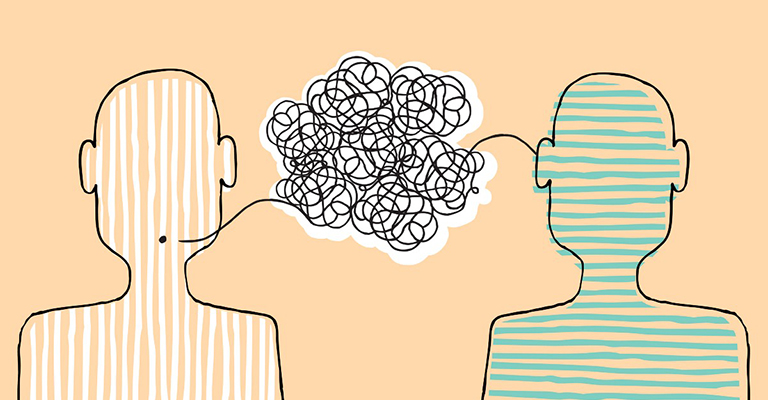It is a specialised company that offers language services to facilitate communication between people, companies and organisations that speak different languages. So, its main function is to translate texts and interpret speeches from one language into another. This ensures that the message is conveyed accurately, coherently and with cultural sensitivity. Nowadays, in a globalised world, a translation agency plays a very important role in sectors such as international trade, technology, and many more.
WHAT SERVICES DOES THEY OFFER?
Firstly, they not only translate words but also offer a variety of specialised services. This also responds to the particular needs of their clients. Among the most common services are:
1. Translation of documents
This is one of the most requested services. Agencies translate texts in many fields. For example, legal contracts, or educational materials. So, to ensure quality, this work is usually carried out by translators. They are specialists in the subject area of the document.
2. Localisation
Localisation goes beyond translation. It involves adapting content to a specific market or culture. This also includes adapting the text to cultural elements, such as, units of measurement and idiomatic expressions. For this reason, localisation is particularly important in sectors such as software development.
3. Interpreting
Interpreting is the process by which speech is translated orally in real time. It can be simultaneous. It is when the interpreter translates at the same time as the speaker speaks. Or it can be consecutive. It is when the interpreter waits for the speaker to finish speaking before translating. So, this service is essential for international conferences.

4. Transcription and subtitling
With the rise of multimedia content, a translation agency also offers transcription. It converts audio to text. They also offers subtitling. It is translating and adapting dialogue for videos. So, these services are especially popular in the entertainment industry.
5. Review and editing
Agencies also provide review and editing services to ensure the quality of translated texts. This process includes checking the grammar, style and consistency of the text. As a result, this ensures that it meets the required linguistic and cultural standards.
6. Sworn translation
Some documents, such as birth certificates, university degrees or legal contracts, require an official translation endorsed by a sworn translator.
HOW DOES A TRANSLATION AGENCY THE WORK?
The operation guarantee a high-quality service. So, the general process is usually as follows:
1. Receipt of the project: The client sends the documents or explains his or her interpreting assignment. The agency analyses such as, the content, the languages required, and the deadline.
2. Project assignment: The project manager selects the most suitable translator or team. So, it is according to the subject matter.
3. First translation: The translator produces a first version of the text. This makes sure to maintain fidelity of the original message.
4. Review and edition: A reviewer or editor revises the translated text. This is important to correct errors and respect coherence.
5. Delivery and feedback: The final text is delivered to the client by the translation agency. So, if necessary, additional changes can be made based on your comments.
WHO WORKS IN AN AGENCY?
The success of a translation agency depends on its team of professionals. This usually includes:
– Translators: Bilingual or multilingual professionals. They are usually native speakers of the target language. They are also specialists in different subject areas.
– Interpreters: They are oral translation experts. They also can work under pressure at live events.
– Reviewers and editors: They are linguists. They also ensure the final quality of the translated text.
– Project managers: They are coordinators. They plan and supervise each stage of the translation process. They ensure deadlines are met.
– Localisation specialists: Professionals in a translation agency who adapt content for specific audiences.
BENEFITS OF WORKING WITH A TRANSLATION AGENCY
Choosing a professional agency has numerous advantages:
1. Guaranteed quality: The assignment goes through quality control processes.
2. Efficiency: They have experience and technology. So, agencies can manage complex projects within tight deadlines.
3. Cultural adaptation: Translations are not only linguistically correct, but also consider the culture of the target language.
4. Access to experts: Translations agencies have a team specialised in various fields. As a result, this ensures that technical or specialised texts are carried out by trained professionals.
5. Saving time and resources: They delegate translation to an agency. This allows companies to focus on their core activities.
CONCLUSION
A translation agency is more than just a language service provider. It is a strategic partner for companies looking to expand in a global market. So, they offer a combination of human expertise and advanced technology. This ensures that messages are conveyed with cultural sensitivity and professionalism. For this reason, in a world where effective communication is key to success. Translation agencies have become an indispensable resource.



